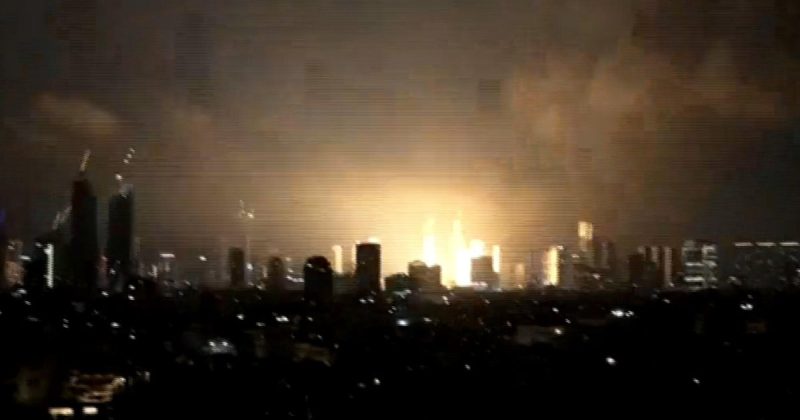
Overnight missile fire between Iran and Israel has once again heightened tensions in the Middle East. This latest exchange follows Israeli strikes earlier in the week targeting Iranian nuclear facilities using a combination of drones, warplanes, and covert operations. The boldness of the Israeli actions, and their apparent success, has significantly raised the stakes.
Iran has issued a stark warning to the United States, United Kingdom, and France, asserting that any assistance provided to Israel in its defense against retaliatory attacks will result in Iranian targeting of Western interests within the region. This represents a significant escalation of the rhetoric, moving beyond mere condemnation to a direct threat of military action.
Adding fuel to the fire, U.S. officials have confirmed to CBS News that the U.S. played a role in helping Israel intercept some of the Iranian missiles launched Friday night. While the specifics of this assistance remain undisclosed, the confirmation itself underscores the deepening involvement of the U.S. in the escalating conflict. This direct U.S. involvement, even if limited to intelligence or defensive systems, risks further inflaming the situation and potentially drawing the U.S. into a more direct military confrontation.
The situation remains volatile and unpredictable. The ongoing exchange of fire and the escalating threats highlight the precarious balance of power in the region and the potential for a wider conflict. The international community is watching closely, hoping to de-escalate the situation before it spirals out of control. The coming days and weeks will be critical in determining whether diplomacy can prevail or if the region is headed toward a more dangerous confrontation.










